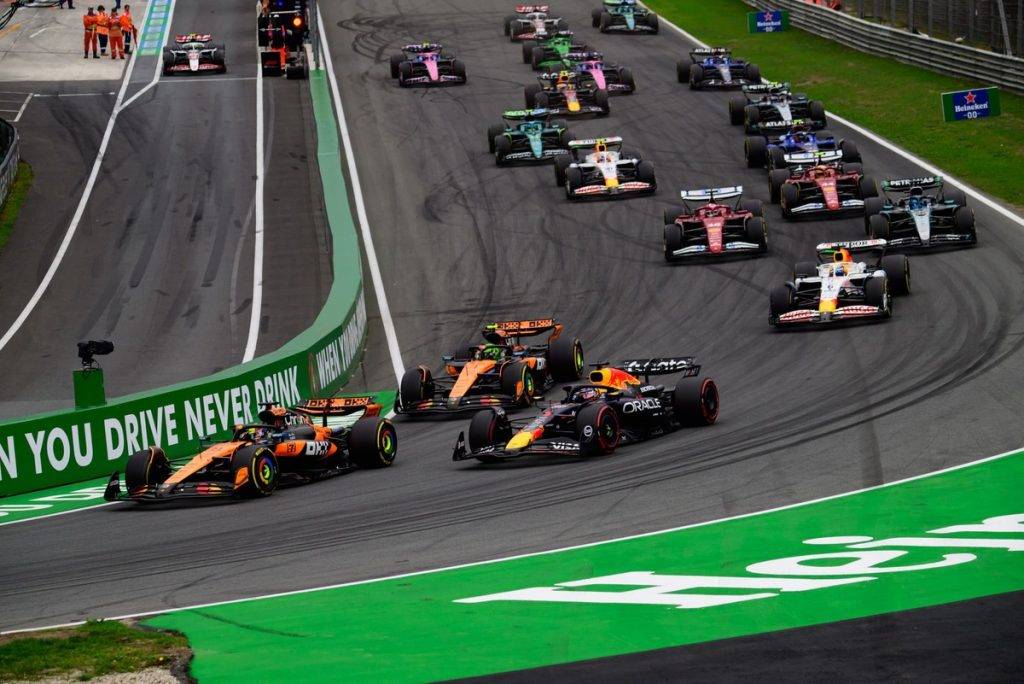Formula 1 Cost Cap: Aston Martin’s Procedural Breach in 2024 Season
The Formula 1 cost cap remains a hot topic following the FIA’s latest report, revealing that all teams for the 2024 season have met the cap requirements, except Aston Martin, which was found to have committed a “procedural breach” regarding documentation. With past incidents leading to serious penalties, the implications of these findings raise questions about financial governance in the sport.
All to Know About the F1 Cost Cap
What is the F1 Cost Cap?
Implementing a cost cap was a landmark decision for F1, aimed at curbing excessive spending that previously created vast disparities among teams. Originally established in 2021, the cap was set at $175 million but was adjusted to $145 million due to the financial strains caused by the COVID-19 pandemic. It is set to stand at $135 million for 2024 and 2025, with provisions for additional funding based on the number of races.
Why Does F1 Have a Cost Cap?
The cost cap aims to level the competitive field in a sport where budget disparities have historically dictated performance. By limiting spending, F1 is attempting to ensure the long-term viability of teams, allowing even those with smaller budgets a chance to compete effectively. This financial restructuring has seen team values soar, exemplified by Mclaren‘s valuation of $4.1 billion post-2020.
What Is Covered by the Cost Cap?
A wide range of expenditures falls under the cost cap, mainly involving:
- Car performance parts
- Team personnel costs
- Garage equipment
- Transport costs
However, the cost of driver salaries and several administrative expenses remain exempt.
What Is Not Covered?
Several high-cost areas are excluded from the cost cap, including:
- Driver salaries
- Travel and marketing expenses
- Legal and property costs
In 2026, the cap will increase to $215 million, with more expenses coming under scrutiny.
Implications of Breaching the Cost Cap
F1’s regulatory framework outlines severe penalties for breaching the financial regulations. Teams that exceed the cost cap by 5% or more face substantial consequences, including points deductions, race exclusions, or even expulsion from the championship. In 2021, Red Bull Racing was fined $7 million for an overspend of 5%.
Recent Breaches
Aston Martin’s recent procedural breach highlights the complexity of adhering to the cost cap. While no actual overspend occurred, the late submission of documentation brought about a small administrative fee. In contrast, past offenders like Red Bull faced more substantial penalties, setting a precedent for strict enforcement.
Future Enforcement and Monitoring
F1’s cost cap administration conducts thorough reviews of team submissions, which can be intricate due to the diverse elements involved. Any significant breaches will be referred to the Cost Cap Adjudication Panel, ensuring rigorous oversight and consistency in penalties.
Conclusion
As the 2024 season approaches, the implications of the F1 cost cap continue to unfold, challenging teams to navigate financial regulations while striving for competitive excellence. With mechanisms in place to penalize any breaches, the sport aims to foster a fairer playing field as it evolves.


